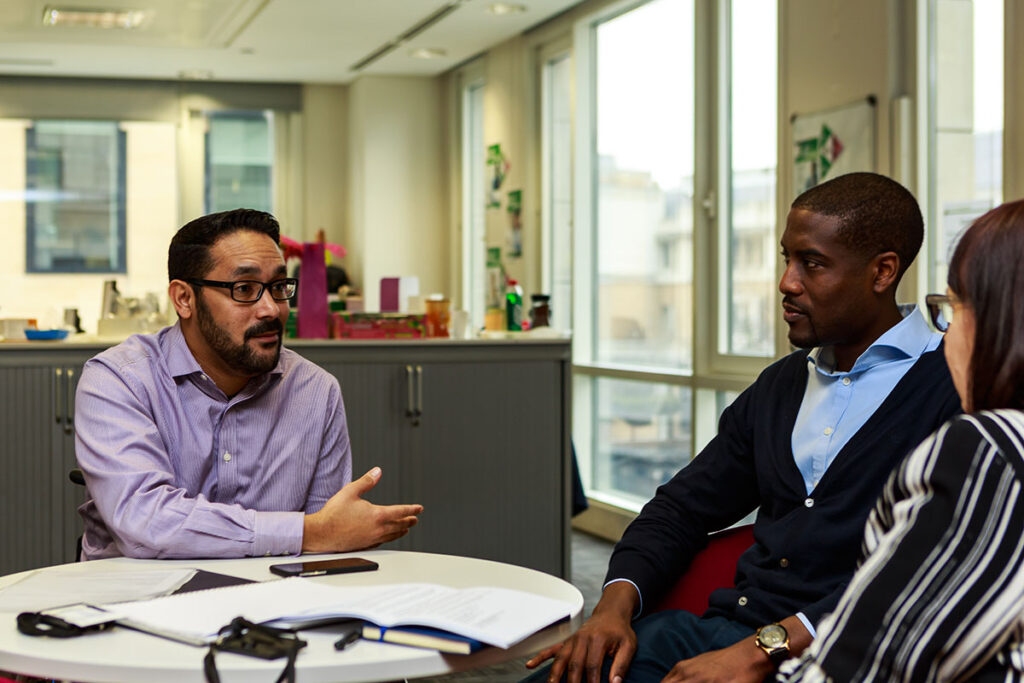Technology is advancing at lightning speed. But are HR managers and those involved in the recruitment and career advancement process taking advantage of the benefits that this may bring with regard to disabled talent?
The role that technology plays in the workplace in the UK cannot be overestimated and this is a massive opportunity for disabled people – but it could also be a massive barrier.
HR professionals need to be at the forefront of ensuring their organisation is up to date with the programmes and adjustments needed to ensure disabled employees are supported.
Employers are legally bound to make certain changes (known as ‘reasonable adjustments’) to ensure employees are not substantially disadvantaged when doing their job, and certainly the advancement of assistive technology is an opportunity for all organisations to provide support in ways that were not possible even five years ago.
Opening up dialogues about disability
But it’s down to HR departments to provide the environment where candid conversations about barriers and adjustments can take place. These conversations need to be allowed to happen whether between disabled employees and line managers or disabled employees and the HR department.
The huge boosts to inclusion from technology and legal protections count for little if disability is not talked about at work.
We know that this is not just the right thing to do but a major business incentive. Research Business Disability Forum ran in 2015 showed that companies could cut turnover – and the high costs associated with it – by having an open culture where differences and different ways of working were accepted as the norm.
Of course, this open culture can only be achieved with an inclusive recruitment process, and while advancements in assistive technology have made this easier, it is still down to HR professionals to ensure that jobs are truly open to everyone.
HR managers and teams are often the first port of call in the recruitment process and therefore need to ensure that every stage of the job application process is as accessible as possible, such as through deployment of screen readers, video relays, and flexible ways of conducting interviews.
Overcoming barriers
Across the UK only 6% of young people with learning difficulties are in employment. As our Strategic Alliance Evenbreak has pointed out, the main barriers come from misconceptions some employers may have while thinking about recruiting people. These include fears of lack of productivity, retention, presence in the workplace, business perception and adequate skills.
Technology and new ways of working have shown more than ever before that these fears are unfounded, and while gaining an interview is not a guarantee for gaining a job, it is easier than ever to ensure the resources are there to put disabled candidates on a level playing field.
So what can HR professionals do now to ensure they make the most of the workplace of the future?
At Business Disability Forum’s conference in London on 18 April 2018, BBC and ITV News Anchor Sir Martyn Lewis CBE will be leading the discussion on the future of work for disabled talent.
With the rise of smart technology, the workplace is becoming more automated, and according to research conducted by Deloitte and Oxford University, about 35% of current jobs in the UK are at high risk of being taken by machines over the next 20 years.
Will more disabled people be given opportunities that they wouldn’t have been considered for previously, or will this mean fewer jobs and even more disabled people out of work?
Alongside speakers from Barclays, EY, Microsoft and HSBC, Sir Martyn Lewis CBE will address these questions and delegates will be given the opportunity to ask questions and join in on the discussion.
HR professionals will gain insight into how cutting-edge employers are adapting to a changing world of work and the challenges coming as organisations adapt to working on a global scale.
Registration is online via the Business Disability Forum website.






